




Related bibliographies:
Reptiles
 Turtles Turtles
 Testudinidae Testudinidae
Africa






































































































































































































































































































































| |

Bibliography of the genus
Homopus (Four-toed Dwarf Tortoises)

(Reptilia: Testudines: Testudinidae)
Note:
In order to limit redundancy, relevant literature indexed in the related bibliographies in the left column may not have been included in this page. For a comprehensive search of literature, these bibliographies should therefore also be consulted.
Homopus in general
 |
Cunningham, P.L.; Simang, A. 2007. Some aspects of ecology and behaviour of Homopus sp. from southwestern Namibia (Testudines: Cryptodira: Testudinidae). Herpetozoa 19(3-4): 129-134.
Duerden, J.E. 1906. The South African tortoises of the genus Homopus with description of a new species. Rec. Albany Mus. 1(part 4): Unpaginated.
Duerden, J.E. 1907. Genetics of the colour pattern in tortoises of the genus Homopus and its allies. Rec. Albany Mus. 2: 65-92.
Greig, J.C.; Boycott, R.C. 1978. Our land tortoises. African Wild Life 32(2): 39-42.
Hofmeyr, M.D.; Branch, W.R. 2018. The padloper’s tortuous path (Chelonia: Testudinidae): Two genera, not one. African Journal of Herpetology 67(2): 99-112.
Homopus Research Foundation. 2012. Annual report 2012. Homopus Research Foundation. 27 pp.
Loehr, V.J.T. 2006. Annual report 2005. Homopus Research Foundation Annual Report 2005: 1-12.
Loehr, V.J.T. 2006. Annual report 2006. Homopus Research Foundation Annual Report 2006: 1-18.
Loehr, V.J.T. 2007. Annual Report 2007. Homopus Research Foundation Annual Report 2007: 2, 4-19.
Loehr, V.J.T. 2009. Annual report 2008. Homopus Research Foundation Annual Report 2008: 1-24.
Loehr, V.J.T. 2010. Annual report 2009. Homopus Research Foundation Annual Report 2009: 1-28.
Loehr, V.J.T. 2011. Homopus Research Foundation: annual Report 2010. Homopus Research Foundation Annual Report 2010: 1-38.
Loehr, V.J.T. 2012. Homopus Research Foundation. Annual Report 2011. Homopus Research Foundation Annual Report 2011: 1-36.
Rust, H.T. 1937. Interessante Schildkröten. IV. Die Gattung Homopus Dumeril und Bibron 1834. Wochenschrift für Aquarien- und Terrarienkunde (Braunschweig) 48: 699-700.
|
Homopus areolatus
 |
Baard, E.H.W. 1992. Estimating the size of terrestrial tortoise populations: two case studies. Journal of the Herpetological Association of Africa 40: 57-59.
Baard, E.H.W. 1997. The dynamics of two sympatric tortoise communities in a stressful environment. pp. 104-107. In: Wyk, J.H. van (ed.). Proceedings of the FitzSimons Commemorative Symposium (South African lizards: 50 years of progress) and Third H.A.A. Symposium on African herpetology: held at the Transvaal Museum, Pretoria, South Africa, 11-15 October 1993. Herpetological Association of Africa, Matieland. 227 pp.
Barzyk, J.E. 1994. Husbandry and captive breeding of the parrot-beaked tortoise, Homopterus areolatus. Chelonian Conservation and Biology 1(2): 138-141.
Broschell, S. 2000. Leben und Fortpflanzung der Areolen-Flackschildkröte Homopus areolatus (Thunberg, 1787) in menschlicher Obhut. Sauria (Berlin) 22(3): 3-9.
Brown, T.K.; Nagy, K.A.; Morafka, D.J. 2005. Costs of growth in tortoises. Journal of Herpetology 39(1): 19-23.
Dowling, H.G. 1961. Vanishing giants and enduring dwarfs - the tortoises. Animal Kingdom 64: 66-75.
Eglis, A. 1963. Nesting of a parrot-beaked tortoise. Herpetologica 19: 66-68.
Fleck, J.; Fleck, S. 2001. Erfolgreiche Nachzucht von Chersina angulata und Homopus areolatus über mehrere Jahre. Elaphe 9(3): 5-14.
Henen, B.T.; Hofmeyr, M.D.; Baard, E.H.W. 2013. Body of evidence: forensic use of baseline health assessments to convict wildlife poachers. Wildlife Research 40(4): 261-268.
Mislin, V. 2012. [Experience in keeping and breeding of the beaked cape tortoise (Homopus areolatus) under different conditions in Namibia and in Switzerland. Part 2: care and breeding of the species in; Switzerland]. (In German). Marginata 36: 16-22.
Reck, M.; Reck-Ringgenberg, L. 2013. Erfahrungen bei der Haltung und Fortpflanzung der Areolen-Flachschildkröte (Homopus areolatus) unter unterschiedlichen Bedingungen in Namibia und in der Schweiz. Teil 3: Innen- und Außenterrarien. Marginata 38: 41-46, 48.
Schleicher, A. 2005. Homopus areolatus the parrot-beaked tortoise. Natural history, captive care, and breeding. Reptilia (GB) 43: 26-30.
Schleicher, A. 2006. Die Areolen-Flachschildkröte Homopus areolatus (Thunberg, 1787) Beobachtungen und Erfahrungen: Lebensweise, Haltung, Nach- und Aufzucht. Reptilia (D) 10(56): 36-40.
Schleicher, A. 2012. [Experiences in the care and breeding of the beaked cape tortoise (Homopus areolatus) under different conditions in Namibia and Switzerland. Part I: care and breeding of the species in Nambia (Southern Africa)]. (In German). Marginata 35: 46-54.
Wermuth, H. 1956. Versuch der Deutung einiger bisher übersehener Schildkröten-Namen. Zoologische Beiträge 2: 399-423.
|
Homopus femoralis
 |
Branch, W.R. 1999. Life history notes: Homopus femoralis. Greater Padloper. Egg and clutch size. African Herp News 30: 28-29.
Kuperus, S.; Loehr, V.J.T. 2009. Homopus femoralis Boulenger, 1888. Great Padloper. African Herp News 49: 10-11.
Loehr, V.J.T. 2009. Die Sporn-Flachschildkröte (Homopus femoralis) in Menschenobhut: Bewertung ihrer Eignung für die Haltung. Radiata 18(4): 23-32.
Loehr, V.J.T. 2009. First captive breeding of the greater padloper, Homopus femoralis. Turtle and Tortoise Newsletter 13: 21-24.
Loehr, V.J.T. 2012. Road mortality in the Greater Padloper, Homopus femoralis (Testudinidae). Chelonian Conservation and Biology 11(2): 226-229.
Loehr, V.J.T. 2012. Natural history notes: Homopus femoralis Boulenger, 1888. Greater Padloper. Diet. African Herp News 57: 9-10.
Loehr, V.J.T. 2012. Activity of the greater padloper, Homopus femoralis (Testudinidae), in relation to rainfall. African Zoology 47(2): 294-300.
Loehr, V.J.T. 2013. Natural history notes: Homopus femoralis (Greater Padloper). Reproduction. Herpetological Review 44(2): 304-305.
Rowlands, B.W. 1988. Sympatry in land tortoises - resource partitioning: a need for research. Naturalist (Port Elizabeth) 32(1): 16-21.
|
| |


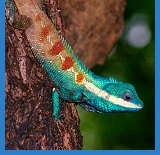
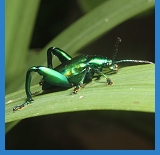
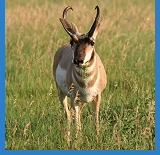
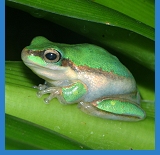
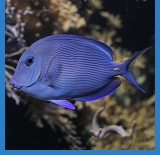
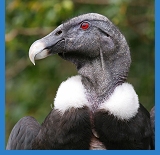

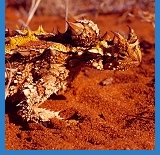
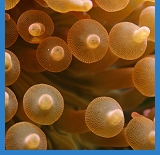
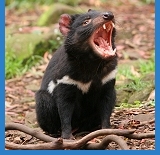
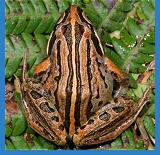
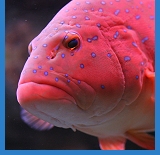
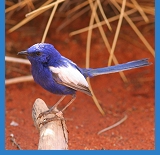

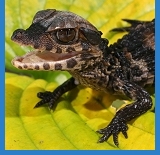
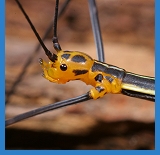
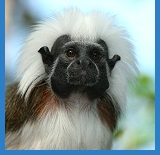
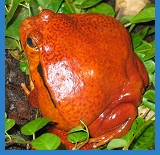
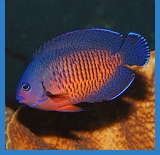
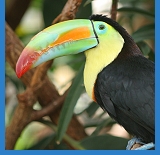

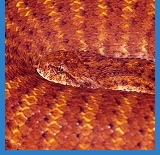
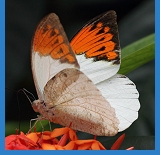
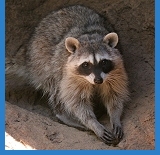
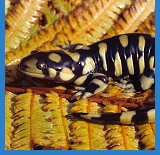
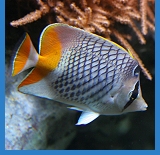
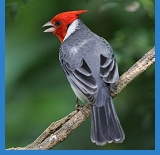

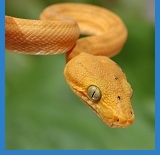
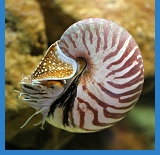
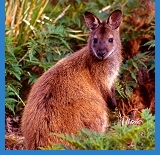
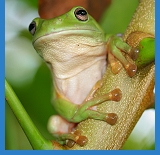
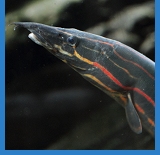
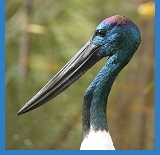

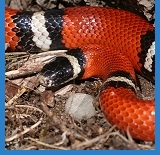
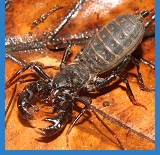
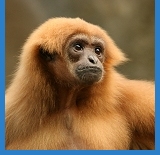
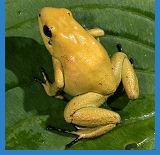
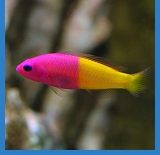
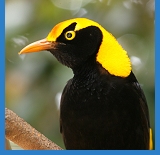

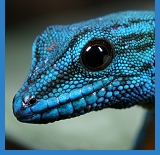
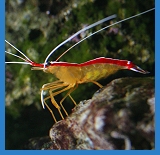
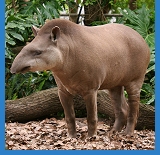
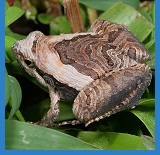
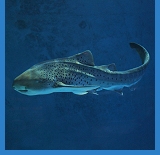
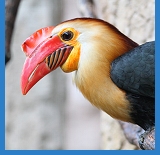

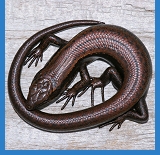
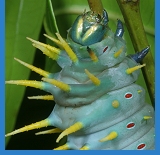
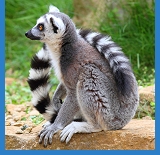
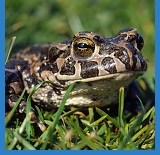
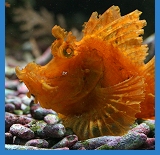
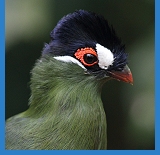

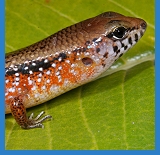
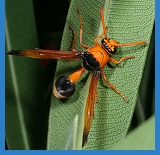
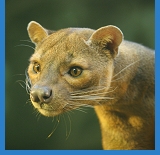
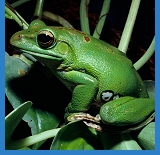
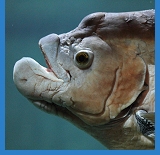
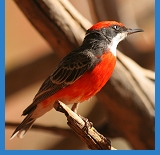

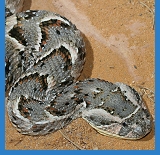
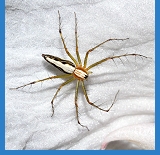
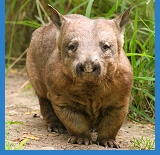
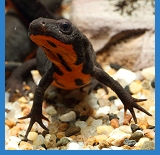
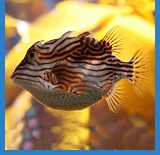


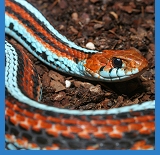
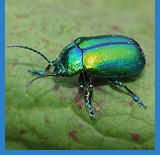

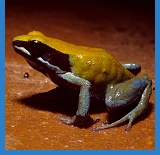
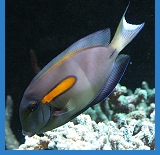
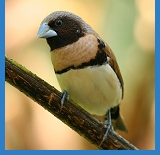

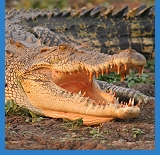
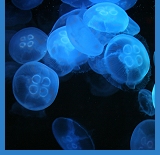
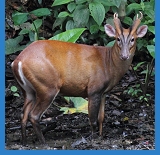
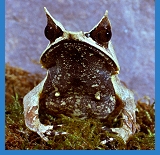
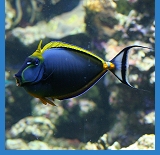
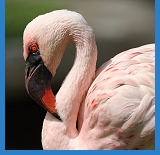

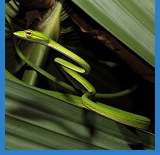
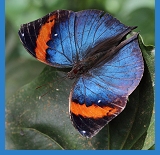
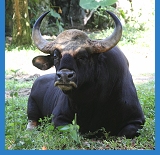
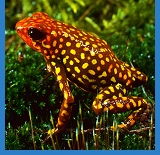
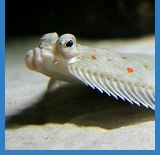
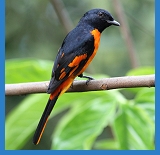

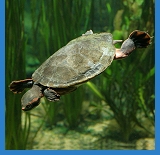
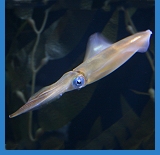
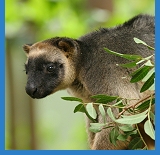
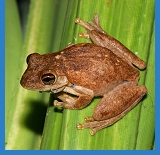
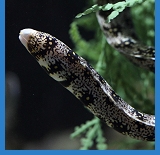
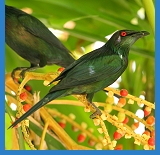

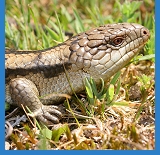
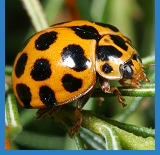
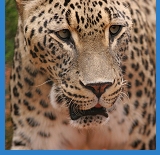
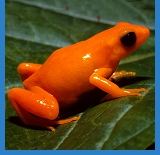
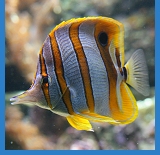
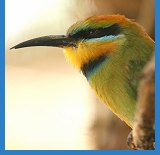

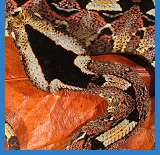
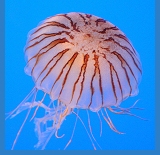
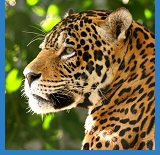
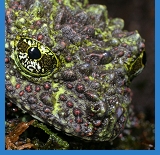
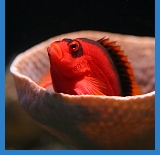
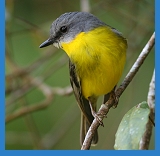

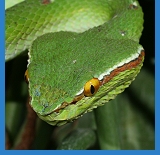
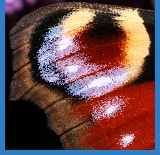
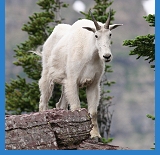
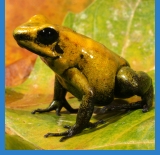
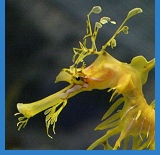
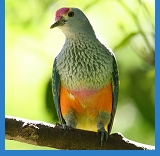

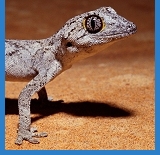
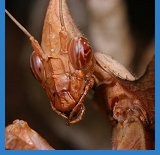
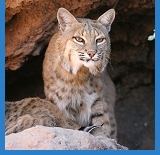
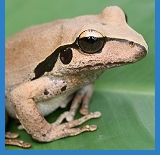
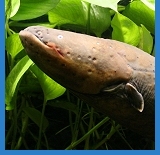
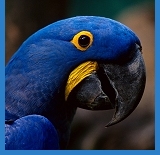

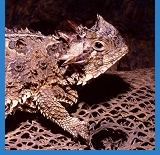
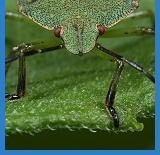
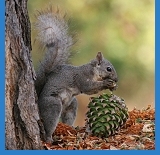
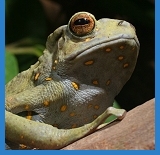
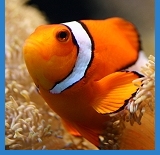
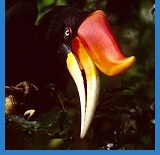

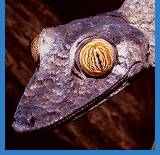
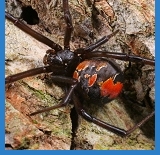
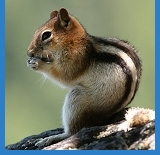
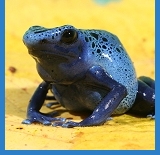
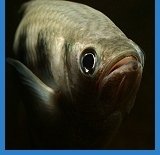
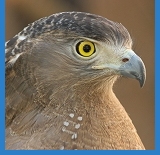

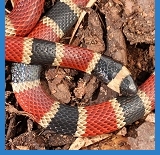
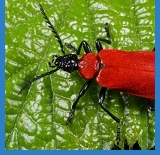
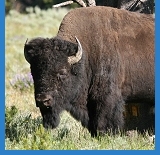
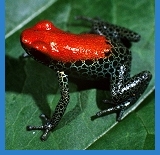
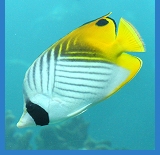
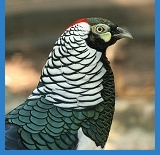

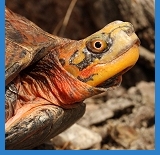
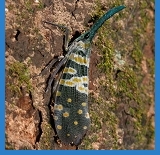

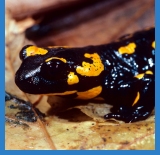

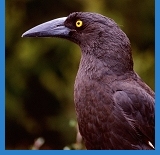

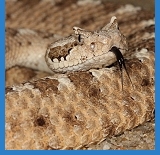
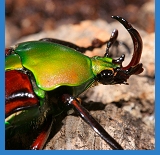
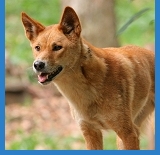
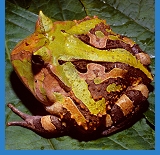
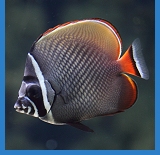
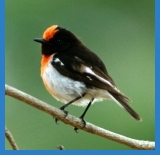

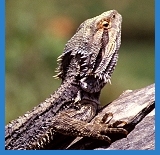
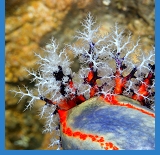
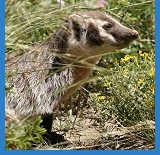
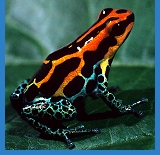
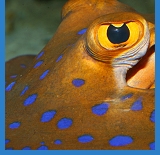
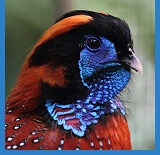

|

